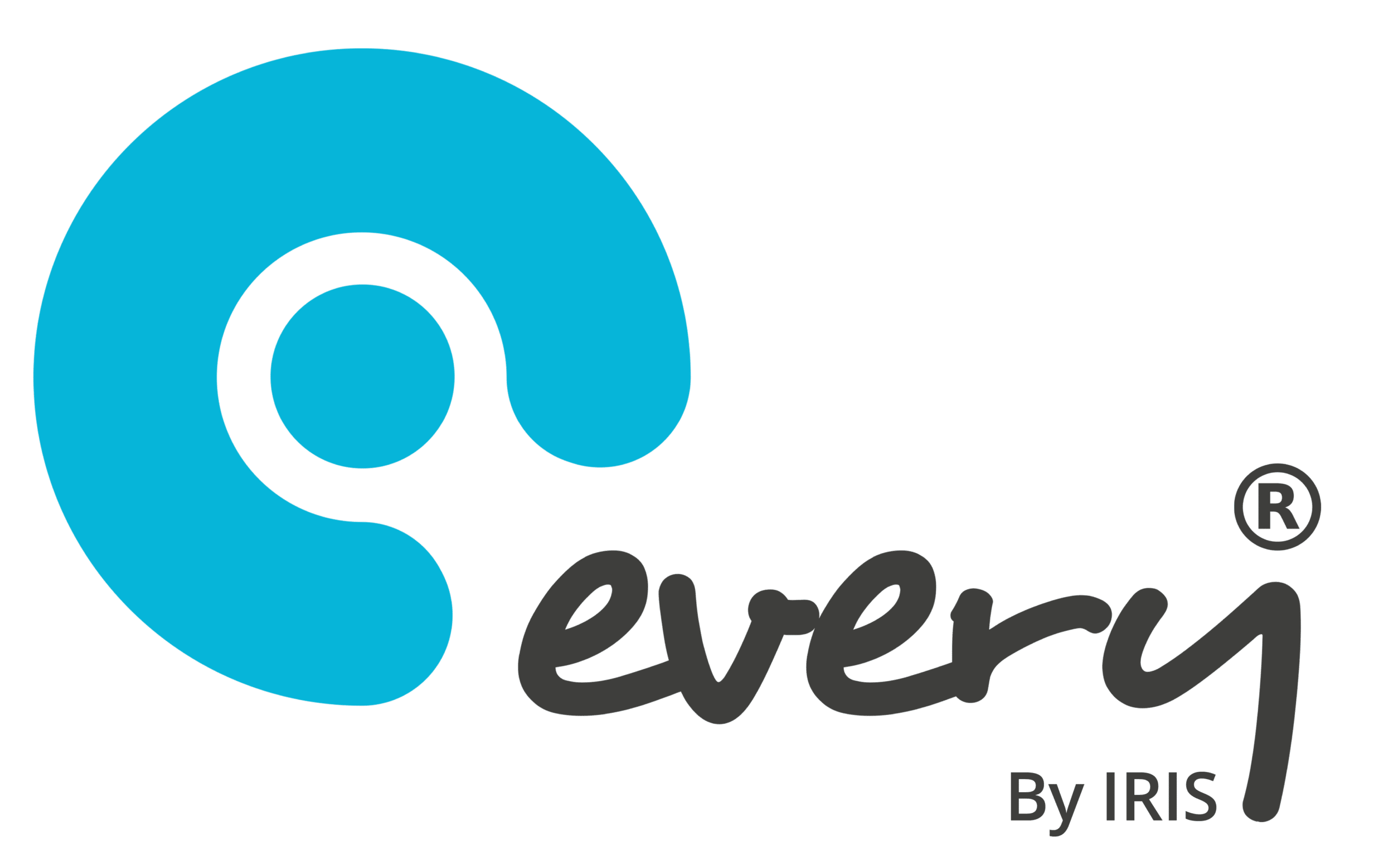The Trust Capacity Fund (TCaF) 2022-2023 is a competitive grant fund available to help Trusts develop their capacity to grow. It’s particularly focussed on supporting strong Trusts, and strong Schools forming Trusts, to take on underperforming Schools in education investment areas (EIAs). This October, Jonathan Gullis, the then-Minister for School Standards, said the fund is ‘supporting the Government’s vision for every School to be part of a family of Schools in strong Academy Trusts’.
The second window of TCaF 2022-2023 is a timely opportunity for Trusts to access funding to support long-term future growth. Successful expansions tend to start with centralisation of core systems and staff, allowing a Trust to promote consistency across its Schools. And given the current squeeze on budgets, grants given by TCaF play an increasingly important role in allowing Trusts the financial support they need to unify their processes.
With the 16th December deadline for applications for this round of TCaF approaching fast, what’s worth knowing when writing your bid? Read on to find out!
What can be learnt from TCaF 2022-2023 window 1 winners?
Trusts receiving monies from the first round of TCaF 2022-2023 (1st April to 30th June 2022) were announced in October. £18m was shared between 104 Trusts that were awarded an average of £170k each. In 2022, Trusts have an average of 7 Schools – Trusts in receipt of the first wave of grants have 11 Schools on average.
What grants are available with TCaF?
Three strands of grants are available for window 2 of TCaF 2022-2023, and they all have a minimum value of £50k. The DFE’s ‘Information for applicants’ document states priority will be given to ‘applications that involve taking on underperforming schools in EIAs’ and recommends being ‘mindful’ of this when considering an application.
Strand A: Projects where a Trust will take on at least one ‘inadequate’ or ‘requires improvement’ school in an EIA, with a maximum grant value of £300k.
Strand B: Projects where a Trust will take on either at least one ‘inadequate’ or ‘requires improvement’ school outside of an EIA or any school within an EIA, with a maximum grant value of £200k.
Strand C: For a Trust taking on ‘good’ or ‘outstanding’ schools outside of an EIA, with a maximum grant value of £100k.
TCaF-funded activities must not start earlier than 1st July 2022 and must be completed by 31st March 2023.
Which organisations are eligible to apply for TCaF?
Activities using TCaF must focus on strengthening central capacity of your entire Trust rather than making improvements to individual Schools. Applications must be linked clearly to a defined growth project to be approved by a Regional Director between 1st July 2022 and 16th December 2022. This project must commit you to either:
- Taking at least 1 new school into your Trust by 31st March 2024
- Converting to Academy status and taking on at least 2 new schools (all schools are to be taken into your Trust by 31st March 2024)
What projects are eligible with window 2, TCaF 2022-2023?
Growth projects eligible for TCaF include:
- Schools wanting to convert to Academy status and form a Multi-Academy Trust (MAT)
- Sponsor matches for Schools with directive Academy Orders (dAOs)
- Trust mergers, like a Single Academy Trust (SAT) joining a larger MAT and SATs joining together to create new Trusts
The full list can be found here.
What activities can TCaF support?
The Government continues to push its agenda of a ‘fully trust-led system’ detailed in its ‘Opportunity for all’ whitepaper. TCaF information doesn’t shy away from telling applicants that grant priority will be given to Trusts taking on underperforming Schools.
It’s clear that TCaF is strongly aligned with the ‘growth of strong trusts’ and ‘establishment of new ones’ to drive up standards and level up. So, it’s imperative that your application explains how it will use any monies to do so.
TCaF can’t be used to fund all activities that support Trust growth. For instance, capital expenditure (i.e. purchasing assets) and/or time for current staff to undertake work that’s already in progress as part of their current responsibilities are not eligible activities. The full list of exclusions can be found here.
Supporting the development of a robust central capacity for a growing Trust is the type of activity TCaF is focussed on. And with a Trust-led system on the horizon, using the competitive grant to support:
- Setting up new central processes, like HR and finance;
- Staff training and continuous professional development;
- The establishment of new posts within the central trust team;
- Reasonable relocation costs for moving staff to new regions;
will pay dividends in the future. See here for the full list of eligible activities.
How Every® can support TCaF applications
Helping Trusts to centralise their processes is our bread-and-butter. When you’ve got systems in place that bring your core management activities under one roof, benefits include:
- More informed decision-making
- A greater understanding of where budgets need allocating and prioritising
- Staff and systems working in better synchronicity
We’ve been hearing from multiple Trusts about how they’ll be looking to leverage any grants awarded by TCaF to procure systems that support increasing central capacity. Here’s 3 examples!
1.Establishing new central processes
As your Trusts expands, so too does a real need to centralise employee management. More staff means more information to collect, organise, and action. Rifling through hundreds of paper records is neither time-effective or impressive to any internal staff or external inspectors, auditors, or visits!
Whether you’re hiring, managing absences, preparing for performance reviews, or building culture, Every HR unites all people-management activities in one central dashboard. Meaning, you’ve got the insight you need to make the strategic and proactive decisions that support your Trust’s goals and objectives.
2.Staff training and CPD
Continually upskilling your staff benefits both your entire workforce and organisation, especially during challenging times for retention and recruitment. With TCaF expectant that successful applicants will host teacher training placements, an organised and comprehensive training programme has never been more important.
Accessible from anywhere, at any time, our Training and CPD module increases accessibility to the tools, knowledge, and support your staff to progress in the education careers. Managerial viewing of staff progress in real-time works to super-charge continuous learning, with automated alerts relating to course progress helping drive completion rates.
3. New staffing posts for the Central Trust team
Once you’ve determined the roles you need to support your expanding Trust, it’s time to recruit! In a competitive recruitment landscape, your Trust needs to be quick off the mark to:
- Approve vacancies
- Post adverts
- Review applications
- Process screening questions
- Set up interviews
- Offer and onboard successful candidates
That’s a lot of activities to organise, carry out, and track!
With the ability to manage all key processes from one place, our Recruitment and ATS module lets you significantly reduce the amount of admin involved in the cycle to refine your recruitment strategy. And build an attractive candidate pool to lessen the gap between posting a vacancy and on-boarding a new starter.
What’s next for your TCaF application?
The countdown to the 16th December is on, but there’s still time to learn more about how we can support your TCaF application!
| Thank you for Signing Up |




